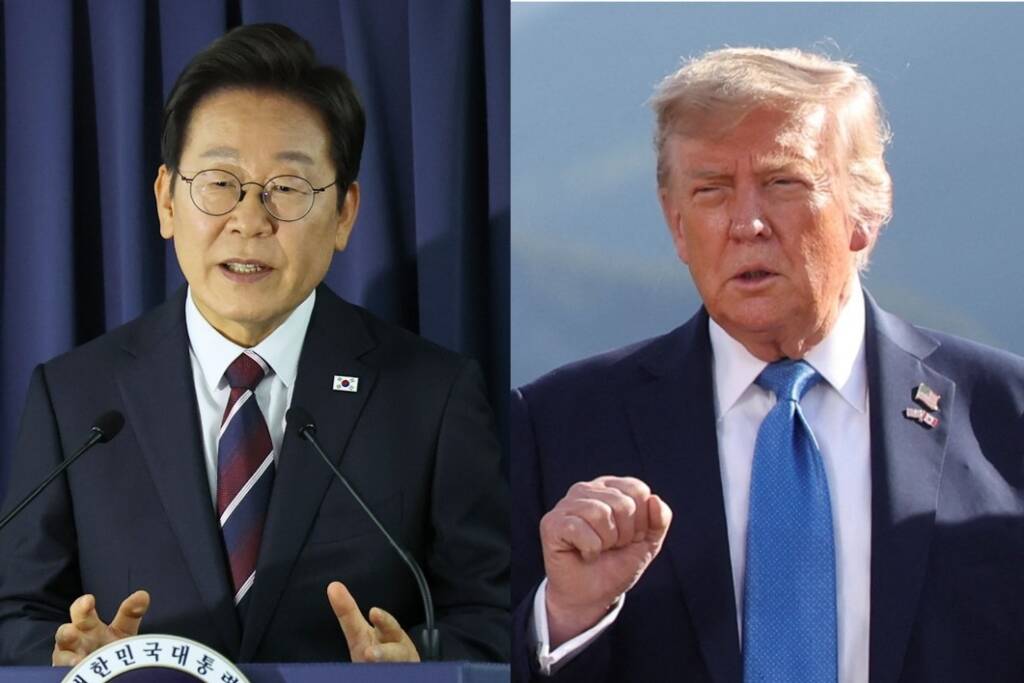In an unprecedented immigration enforcement operation, U.S. federal agents arrested nearly 475 workers at a Hyundai–LG Energy Solution construction site in Georgia this week, igniting a diplomatic row with South Korea and raising concerns about the future of foreign investment in American industry.
The site, part of a $7.6 billion electric vehicle (EV) battery project, was temporarily shut down following the operation. According to U.S. Homeland Security Investigations (HSI), the raid targeted illegal employment practices and immigration violations, including visa overstays and misuse of the visa-waiver program.
Largest Single-Site Immigration Action in U.S. History
Federal officials say this is the largest single-site immigration enforcement action in HSI’s history. Of the 475 workers detained, over 300 are reportedly South Korean nationals. All of the individuals arrested were employees of subcontractors—not directly hired by Hyundai or LG Energy.
The investigation had been underway for several months, with officials citing evidence of systemic immigration and labor law violations among contractors working at the site. The raid was conducted in coordination with federal and state authorities.
“This was a targeted operation based on credible evidence,” said Steven Schrank, a spokesperson for Homeland Security. “It was not a random sweep. We are committed to enforcing U.S. law while ensuring fairness and accountability.”
South Korea Responds with ‘Serious Concern’
The response from Seoul was swift. South Korea’s Ministry of Foreign Affairs expressed “serious concern” over the arrests and has called for transparency and fair treatment of its nationals.
South Korean President Lee Jae-Myung directed the formation of an emergency task force to support those detained and pledged to pursue diplomatic discussions with Washington. “We are deeply troubled by the scale and nature of this operation, especially as our companies have invested heavily in the U.S. at the request of the American government,” President Lee said in a statement.
Economic Fallout and Diplomatic Irony
The timing of the raid is particularly sensitive. Over the past two years, South Korean firms—led by Hyundai, LG, and Samsung—have pledged more than $350 billion in U.S.-based investments in manufacturing and technology, encouraged by American efforts to decouple from Chinese supply chains and boost domestic production.
Hyundai alone has committed over $26 billion to U.S. electric vehicle and battery manufacturing, making this raid a potential setback to one of Washington’s key industrial alliances.
Trade analysts have noted the irony. “The U.S. pushed for these investments, and now enforcement actions like this could undermine trust,” said one senior executive at a Korean conglomerate. “There’s a sense of betrayal.”
In a joint statement, Hyundai and LG Energy Solution confirmed that none of the individuals arrested were their direct employees. Both companies pledged to fully cooperate with authorities and review contractor compliance procedures.
Hyundai also announced it would appoint a senior executive to oversee contractor governance across its North American operations. “We take these matters seriously and will ensure our operations uphold the highest standards,” a spokesperson said.
White House Defends Enforcement
The White House has defended the immigration raid, saying that while the administration remains committed to attracting foreign investment, legal compliance must come first.
“No one is above the law,” said a senior administration official. “We expect all individuals—regardless of nationality or investment affiliation—to work legally in the United States.”
Still, the Trump administration may now face a difficult balancing act: enforcing immigration laws without alienating key foreign investors at a time when global competition for high-tech manufacturing is at an all-time high.
Construction at the Georgia EV battery site has resumed on a limited basis, but the long-term impact remains uncertain. Legal proceedings for the detained workers are underway, and diplomatic discussions between Washington and Seoul are expected to intensify in the coming days.
